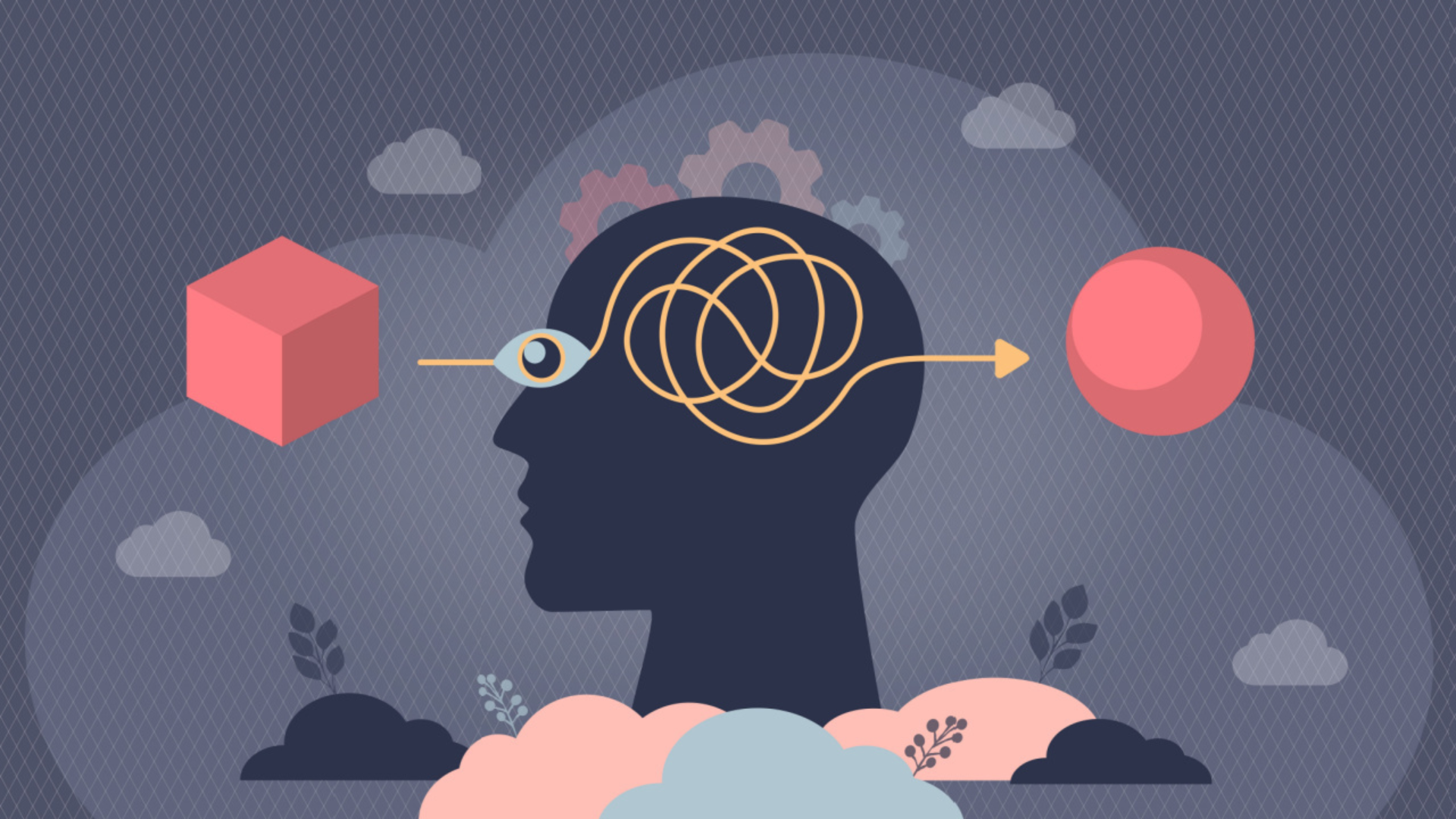Understanding Confirmation Bias
How Confirmation Bias Warps Our View of the World
Ever noticed how once you’ve made up your mind about something, you just seem to find endless proof to back it up? Whether it’s politics, your latest hobby or even a conspiracy theory, it can feel like the universe is confirming everything you believe. Spoiler alert: That’s not the universe at work—it’s confirmation bias.
What Is Confirmation Bias?
Confirmation bias is like wearing tinted glasses that colour the way you see the world. When you hold a certain belief, you’re naturally drawn to information that supports it, whilst ignoring or rejecting anything that might contradict it. This mental shortcut makes life easier but also limits how we interpret the world.
In short: You see what you want to see and hear what you want to hear.
The Problem With Confirmation Bias
Confirmation bias can skew our understanding of reality. Instead of getting the full picture, we end up trapped in a bubble, reinforcing our existing beliefs. This leads to distorted perceptions and poor decision-making—like doubling down on a bad opinion simply because everything we hear seems to agree with us.
And it’s not just about what we read or hear—confirmation bias even affects what we remember! We tend to recall information that fits our views and conveniently forget anything that challenges them.
Where Confirmation Bias Shows Up (And How It Gets Sneaky!)
The Social Media Echo Chamber
Ah, social media—a fantastic tool for staying connected but have you ever wondered why your feed always seems to mirror your views? That’s not a coincidence.
Imagine you’re someone who’s passionate about the environment. You follow eco-friendly influencers, join sustainability groups and share climate change articles. This is great for building community but it can also turn into an echo chamber. All you see is content that reaffirms your beliefs, with little exposure to opposing viewpoints.
Why We’re All Vulnerable to Confirmation Bias
Confirmation bias is something we can all fall victim to. Our brains are wired to seek out patterns and shortcuts in order to make sense of the world. Once we latch onto a belief, it feels natural to filter information in a way that supports it.
Think about it: Challenging our beliefs takes more mental effort. It’s uncomfortable. Our brains prefer the path of least resistance and confirmation bias offers just that.
How to Outsmart Confirmation Bias
Now that we know confirmation bias can mess with our understanding, how do we fight back? Here are some strategies to help you stay grounded in reality:
Challenge Your Own Assumptions
Don’t be afraid to ask yourself, “What if I’m wrong?” Actively questioning your beliefs will open you up to new perspectives. It’s not about abandoning your views—it’s about strengthening them by being open to opposing arguments.
Seek Out Diverse Sources
Make it a habit to read from different outlets, especially ones that don’t always align with your views. This doesn’t mean you have to agree with everything, but seeing multiple perspectives will help you develop a well-rounded opinion.
Engage in Critical Thinking
When presented with new information, ask yourself: Where is this information coming from? Is it credible? What’s the evidence? This will help you avoid falling into the trap of believing something just because it aligns with what you already think.
Be Open to Changing Your Mind
Changing your opinion based on new evidence isn’t a sign of weakness; it’s a sign of growth. The world is constantly evolving, and so should our understanding of it. Stay flexible and be willing to adjust your perspective when needed.
Stay Curious, Stay Critical
Confirmation bias is part of the human experience but we don’t have to let it control us. By actively seeking out diverse perspectives, challenging our beliefs, and engaging in critical thinking, we can avoid falling into its trap. Remember, it’s not about proving yourself right—it’s about getting closer to the truth.


